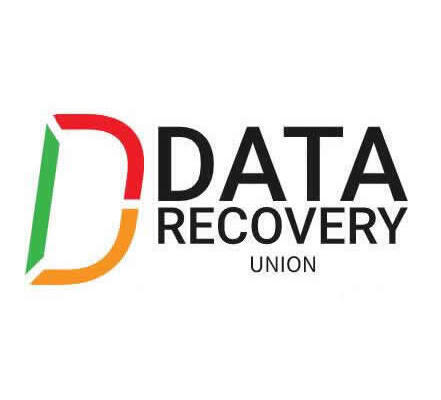
Some Considerations Before Choosing A Data Protection Solution
Many network administrators are considering an all-in-one data protection solution because it can greatly simplify data protection process. These solutions also tend to be less expensive than buying each component separately, and they provide a single point of contact for all their support needs.
In a recent survey it was found that over half of the respondents indicated that they would prefer to rely on a single vendor for their data protection solutions whenever possible.
An all-in-one Data Protection solution the purposes of this article includes the hardware components and necessary backup software to backup an organization’s critical data, maintain the backup data both on-site and at secure off-site locations, monitor the system 24X7, provide server virtualization, and data restoration so the data network can be up and running as soon as possible.
There are a few things to consider before making a decision about going with a particular data protection solution.
1. What software is included?
There is client software loaded on the server for the backup process. The resident NAS software is used for compression, encryption, bare-metal recovery, and continuous data protection.
2. What type of hardware is being used?
A network attached storage (NAS) server with internal storage capacity is attached to the network and the server hard drive is mirrored in the NAS storage.
3. Is the solution secure?
Most solutions offer encryption. Encryption is critical component in backup data protection. The solution should support AES-level encryption. The backup data should be encrypted on site and while in transit to the off-site location and at the hosted site.
4. Is offsite backup included in the solution?
Most companies today need not only onsite backup, but they also need the capability to have a redundant copy of their backup data stored off-site so the data can be recovered in the event their site was unusable. Both on-site storage and remote storage should be part of the solution.
5. Can the solution scale to data storage demands?
The data protection solution should be capable of running efficiently and scale without a lot of specialized hardware
6. How often is the data backed up?
The frequency of the data backup determines how much data will be lost. If the data is only backed up once a day then 24 hours of data will be lost. Most businesses could not accept that kind of loss. They require a shorter recovery point. Most solutions provide backups take place every 15 minutes. The best practice is to determine an acceptable recovery point and pick a solution that meets that objective.
There are a lot of all-in-one data protection solutions. Some companies prefer to purchase deploy, and maintain the solution themselves. An in-house also requires the labor and expertise to administer the system. Some solution providers bundle the data protection equipment and software into a bundle that also includes the labor to monitor the system 24X7 as well as the labor to maintain and respond to notifications and outages. The system should be flexible enough to scale as needs change and provide a one-point-of contact when there is a need for service.
Terry Mayfield is a Business Continuity expert with 19 years experience in the field. Mr. Mayfield has helped his clients evaluate potential data loss threats and formulate data protection and recovery strategies. He is available by phone (205-290-8424) or email (terrym@askbts.com). Visit http://www.gosleepez.com to download a complimentary copy of Mr. Mayfield’s whitepaper “What Every Business Must Know About Protecting And Preserving Their Critical Data”
